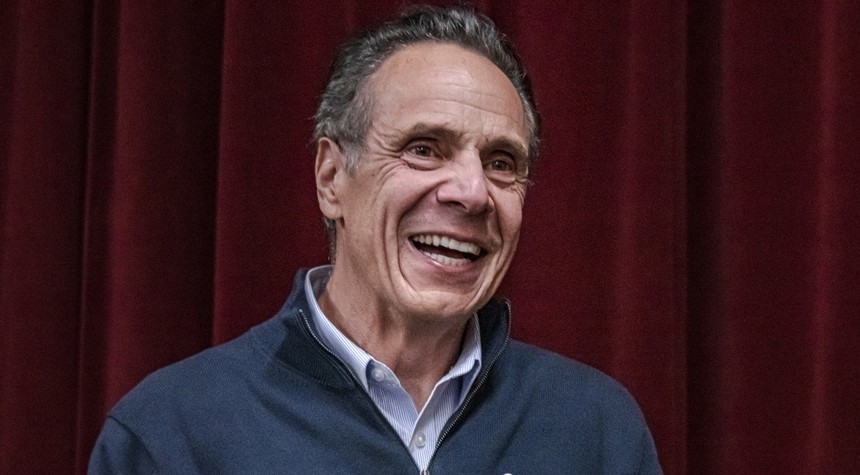Politics makes for strange bedfellows, as the old saying goes, and Monday’s events in New York City proved that axiom truer than ever.
President Donald Trump threw his support behind former New York Governor Andrew Cuomo, a lifelong Democrat now running as an independent in Tuesday’s mayoral election. The endorsement represents a remarkable political reversal between two men who spent years locked in public combat.
The president’s message to voters carried an unmistakable urgency. He warned that casting a ballot for Republican nominee Curtis Sliwa would effectively hand the election to Zohran Mamdani, whom Trump has repeatedly labeled a communist throughout the campaign.
“Whether you personally like Andrew Cuomo or not, you really have no choice,” Trump wrote on Truth Social.
The numbers tell a sobering story for Republicans hoping to reclaim America’s largest city. Recent polling shows Mamdani commanding the race with 44 percent support, while Cuomo trails ten points behind at 34 percent. Sliwa languishes at a distant 11 percent, making the mathematics of a Republican victory increasingly difficult to envision.
Trump’s endorsement followed his appearance on a major network news program, where he reiterated his threat to withhold federal funds from New York City should Mamdani prevail. The president made clear his preference for Cuomo over a candidate he views as dangerously radical.
Mamdani seized on Trump’s remarks with characteristic mockery, congratulating Cuomo on social media and noting how hard the former governor had worked for the president’s blessing.
For his part, Cuomo has publicly rejected any association with Trump’s endorsement. Last month, he stated unequivocally that he would not accept the president’s support, claiming his coalition could not accommodate Trump among its ranks.
“I have not had a conversation nor would I accept an endorsement from President Trump,” Cuomo declared.
Neither campaign responded to requests for comment following Trump’s announcement.
The history between these two men reads like a political thriller. During Trump’s first term, Cuomo emerged as one of the president’s most vocal critics, particularly regarding pandemic response policies. Cuomo himself described their confrontations as “bloody battles” during a recent debate.
Cuomo’s gubernatorial tenure ended under a cloud in 2021, when multiple women accused him of sexual harassment. He resigned from office while maintaining his innocence. In recent interviews, Cuomo stated he has no regrets about his behavior regarding those allegations, though he acknowledged learning to exercise greater caution.
The endorsement reveals Trump’s pragmatic approach to the election. Faced with a Republican candidate polling in single digits and a self-described socialist leading the race, the president chose the path he believes offers the best chance of keeping a far-left candidate from controlling New York City.
Trump spent Monday boosting other candidates across the region, holding telephone rallies for Republican nominees in Virginia and New Jersey. He promoted New Jersey gubernatorial candidate Jack Ciattarelli enthusiastically, though notably avoided mentioning Virginia’s Republican gubernatorial nominee by name.
The New York mayoral race now enters its final hours with an unprecedented dynamic: a Democratic former governor running as an independent, backed by a Republican president, against a progressive challenger and a sidelined Republican nominee.
Voters head to the polls Tuesday to render their verdict on this most unusual political arrangement.
Related: Rep. Malliotakis Vows to Defeat Latest Democrat Effort to Redraw Her District


